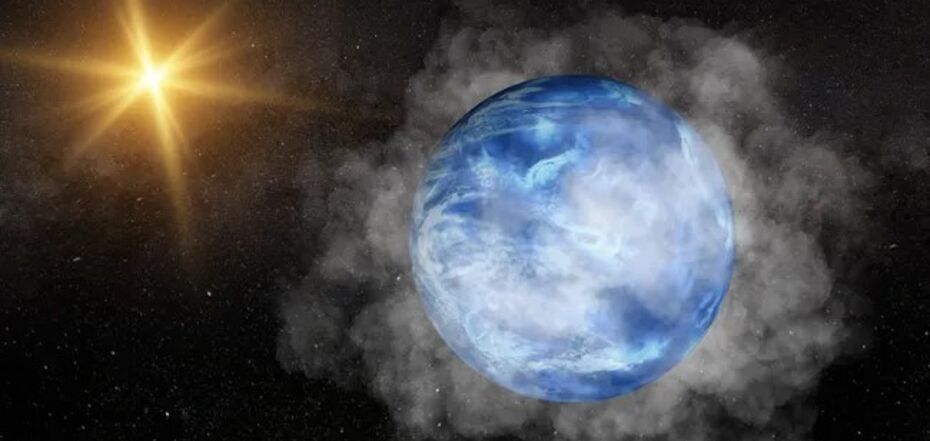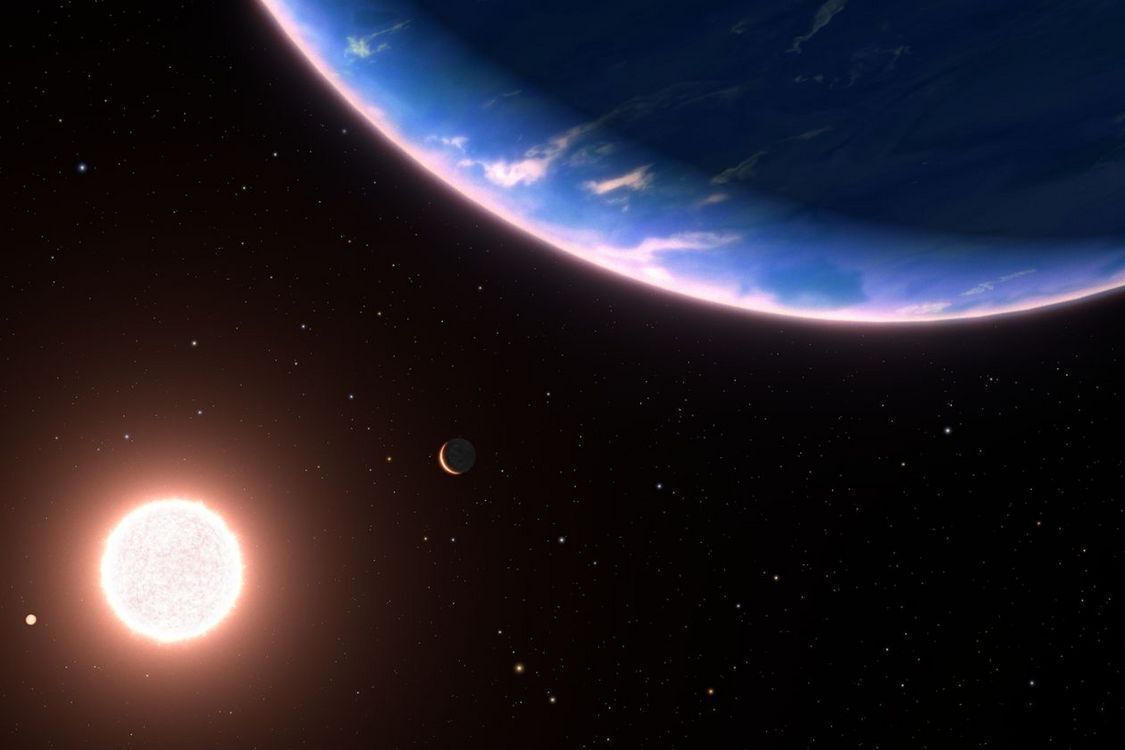News
"This is the first time we've ever seen something like this": James Webb Space Telescope detects a "vapor world" near the Earth
The James Webb Space Telescope (JWST) has captured a unique exoplanet. Researchers have discovered that it is the first such "vapor world" near the Earth.
Located about 100 light-years from Earth, the exoplanet is shrouded in a thick shell of vapor. Scientists admitted that "this is the first time they have seen something like this," Space.com writes.
The exoplanet recorded by JWST is designated GJ 9827 d. According to the researchers, it is about twice the size of the Earth and has an atmosphere that consists almost entirely of water vapor.
Astronomers have long speculated that "vapor worlds" such as GJ 9827 d may exist, but this is the first time such an exoplanet has been detected.
"This is the first time we've seen anything like this. This planet appears to be composed mostly of hot water vapor, so we call it a 'vapor world,'" team member and former University of Michigan student Eshan Raul, who is now at the University of Wisconsin-Madison, said in a statement.
According to Raul, this exoplanet is unlikely to support life, but it could help astronomers study other small exoplanets that are habitable.
In 2023, the Hubble Space Telescope detected the first tantalizing signs of water vapor in the atmosphere of GJ 9827 d. The sensitivity of JWST and its Near Infrared Imaging and Slitless Spectrograph (NIRISS) instrument allowed the research team to discover that this exoplanet has more than just hints of water vapor.
"It was a very surreal moment. We were looking for water worlds because we had a hypothesis that they might exist. If they're real, it really makes you wonder what else could be out there," Raul said.
The research team believes that there are many more worlds like GJ 9827 d to be discovered.
Earlier, OBOZ.UA also reported that the James Webb telescope found a cloud of carbon at the dawn of the Universe, which is a crucial element in the creation of life.
Only verified information is available on the OBOZ.UA Telegram channel and Viber. Do not fall for fakes!




























